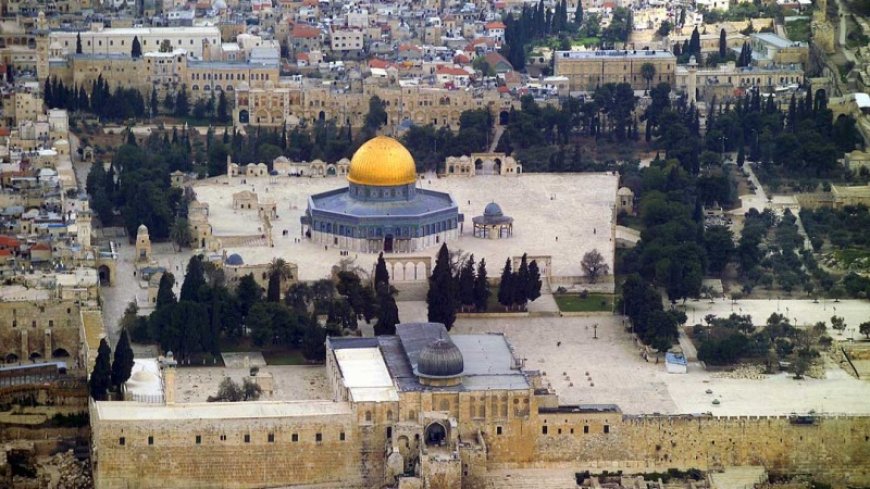August 21st; International Day of Mosques
August 21st; International Day of Mosques

The reason that led to this day being singled out as the International Day of Mosques is related to an event that happened 56 years ago in the Holy Mosque of Al-Aqsa, in the lands occupied by the aggressive Israeli regime, and which is the first Qibla of Muslims. At one o'clock in the morning on August 21, 1969, a radical Zionist named Dennis Michael William Rohan set fire to the Al-Aqsa Mosque in a well-planned operation with the support of the then illegal Israeli government. As a result of that barbaric act and religious hatred, 1,500 square meters of the area of the mosque were burned. Following the criminal act, the Mosque of Omar, the Mihrab of Zakariya, the Maqam of Arbaeen, the three halls of the mosque as well as the pillars supporting the dome of the al-Aqsa Mosque were caught in the fire, and the roof of the mosque collapsed. After the fire was extinguished, the Zionist regime linked the act of burning al-Aqsa Mosque to an Australian tourist and after arresting the Zionist tourist and starting a show case against him in Tel Aviv, the regime declared him sick of mind and thus set him free. Since the completion of the occupation of Palestine in the 6-day war of 1967, which also captured the eastern areas of Jerusalem, the Zionist rulers have been implementing plans and plots to completely destroy the al-Aqsa Mosque.
The purpose of the destruction is to put in its place the foundation for the construction of a fake temple supposedly of Nabi Suleiman (as), which is still being pursued with all its might by the radical Zionists, and especially in this period of the radical regime of Benjamin Netanyahu. The Holy Mosque of al-Aqsa The burning of the holy mosque sparked strong international condemnation and criticism. The United Nations Security Council met and passed resolution number 271 in 1969, which condemned the illegal Israeli regime for the act. Muslims in different parts of the world and regardless of the propaganda spread by the regime occupying the Holy Quds and its Western supporters, held a large protest against the action of the Zionist regime. Islamic governments also took action and created the "Community of Islamic States" to deal with the dangers that threaten the Islamic world and its glories. Al-Aqsa Mosque is considered the most glorious in Islam, and is the third most important after Masjid al-Haram and Masjid al-Nabii. According to the Traditions, the Prophet Muhammad (pbuh) ascended to heaven from there, in a historical event known as Mi'raj, and which is mentioned in Surat al Israa in the holy book of the Qur'an.
The Zionist administration, as we have said before, has been pursuing plans to completely destroy al-Aqsa Mosque if it is in the strategic goals of that administration, and is using every opportunity that arises to completely destroy it, where these destructive and criminal politics have gained momentum and momentum especially after the formation of Netanyahu's government with extreme extreme positions. Despite this, the awareness, the strength of the struggle and the vigilance of the Palestinian people have greatly prevented the implementation of the threats that endanger the holy mosque. On the other hand, World Mosque Day is another opportunity that gives people a chance to consider the status of the mosque in its modern state. Every religion has its own symbols and logos where Islam, which is the last religion of heaven, has given great importance to the position of the mosque and its principles among its followers. Masjid al-Haram in Makkah The mosque is not only a place to worship and pray to Allah, but also a place to discuss and exchange ideas about economic, social, political and military issues. In fact, the mosque is a place for consultation and decision-making by Muslims, cooperation in matters to be implemented, a place for Muslims to gather and meet to show their unity and solidarity, a basic military training center to protect the country, a place a place to teach and self-teach as well as to resolve religious and questionable issues and a place to combine and integrate religion and politics. In short, the mosque has many functions with different goals to serve the religion and interests of Muslims.













































